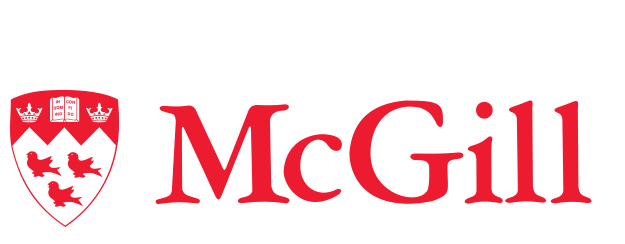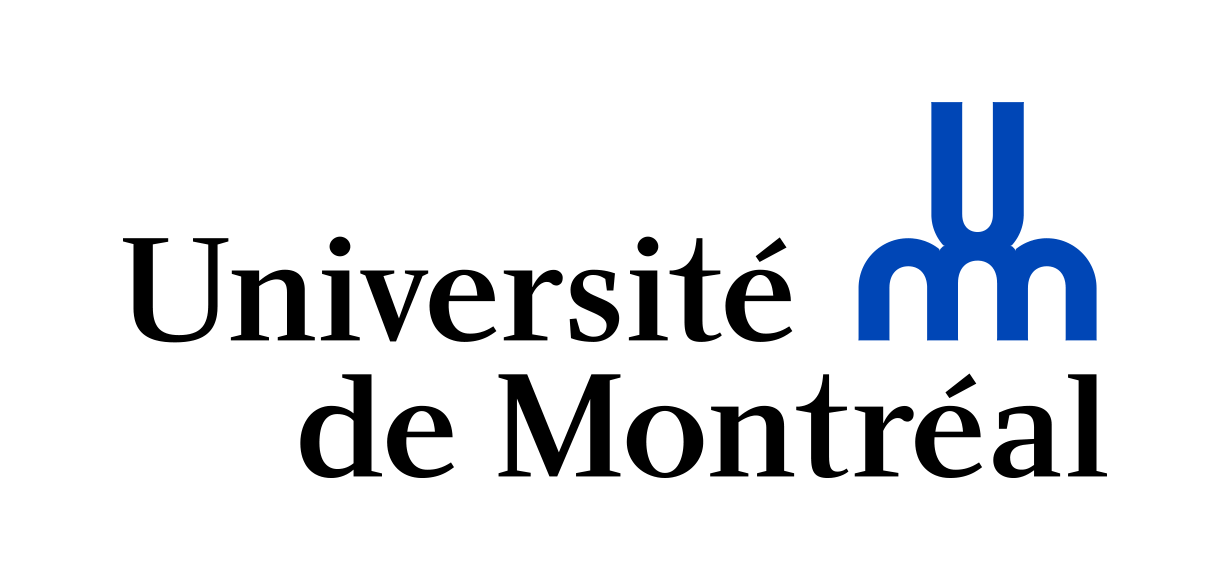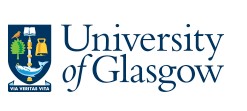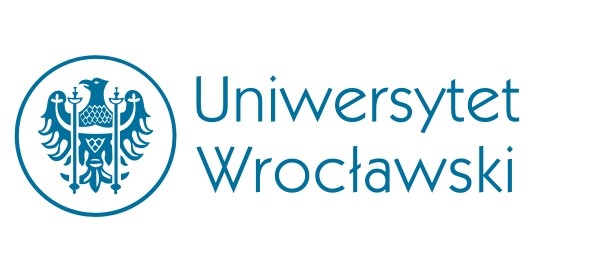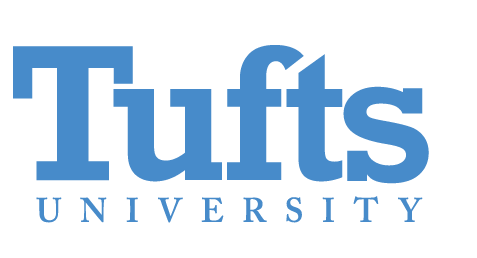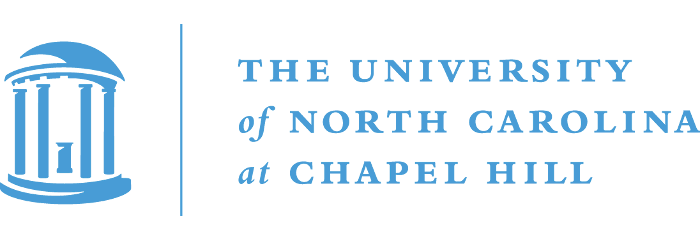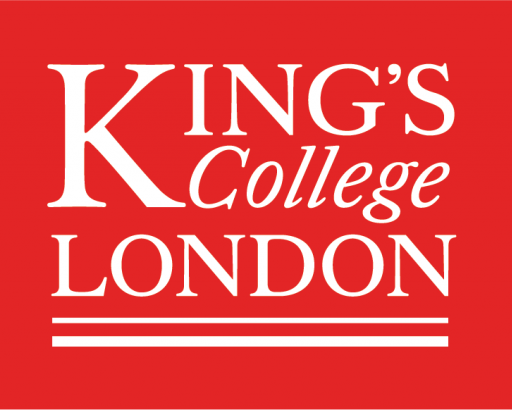Marie Beslier – Fall 2022
For the second year of my Master’s programme, I was fortunate enough to receive the BEAR Network Academic Mobility Grant. Only a few months prior I would not have imagined flying to Tartu, Estonia again where I had already completed the first semester of my Master’s programme. I had heard about and been fascinated by the De Facto States Research Unit as well as its team, their work and events without ever thinking it possible to join them in their important research–and what an experience it was!
For one month I had the opportunity to work under the supervision of Professor Eiki Berg and to conduct research alongside the various members of the De Facto States Research Unit. The unit is part of the Johan Skytte Institute of Political Studies at the University of Tartu and its mission is to bring together researchers working on topics involving de facto state, with the research exhibited on their website with numerous articles, maps and important daily news.
As soon as I arrived, I was warmly welcomed by Professor Eiki Berg who entrusted me with an extremely exciting task in advance of a larger project that the unit might be assigned very soon: studying left-behind minorities in the de facto states of Moldova, Georgia and Serbia. The aim of my research was to conduct an extensive literature review on the subject and to produce a final paper, published on the Unit’s website as a blog post.
Beyond becoming more familiar with the process of a literature review (data collection, perspective and analysis of academic shortcomings), the issue of minorities and the support of the parent state, the “blog post” format was quite unfamiliar to me and allowed me to improve upon my writing style, creating a concise blog post aimed at a wider audience. Moreover, I was integrated into the Unit and, as such, I had the chance to attend various meetings and discuss future projects with different researchers. This academic visit was therefore not only an enrichment of my own knowledge but a global experience as a research assistant in a team studying a unique topic.
Finally, this research opportunity was extremely useful in answering some questions I had regarding furthering my academic career through a PhD programme focused on the topic of de facto states. I had the opportunity to attend different seminars which were dedicated to PhD students in order to help them in the organisation of their studies (planning, meetings with supervisors, stress management) and their research (monograph or article-based dissertation, how to write a good introduction, meeting with young post-docs…). Thus, I arrived in Tbilisi, Georgia much more confident about my near academic future and how to tackle the PhD applications that at first seemed extremely stressful.
I would like to warmly thank Professor Eiki Berg and his team again for their kind welcome and for what has been an extremely constructive month for me. I now intend to work actively on my PhD applications, in parallel with a new position I now hold at the Caucasus Institute for Peace Democracy and Development as a project assistant on the resolution of the Georgian-Abkhaz conflict





